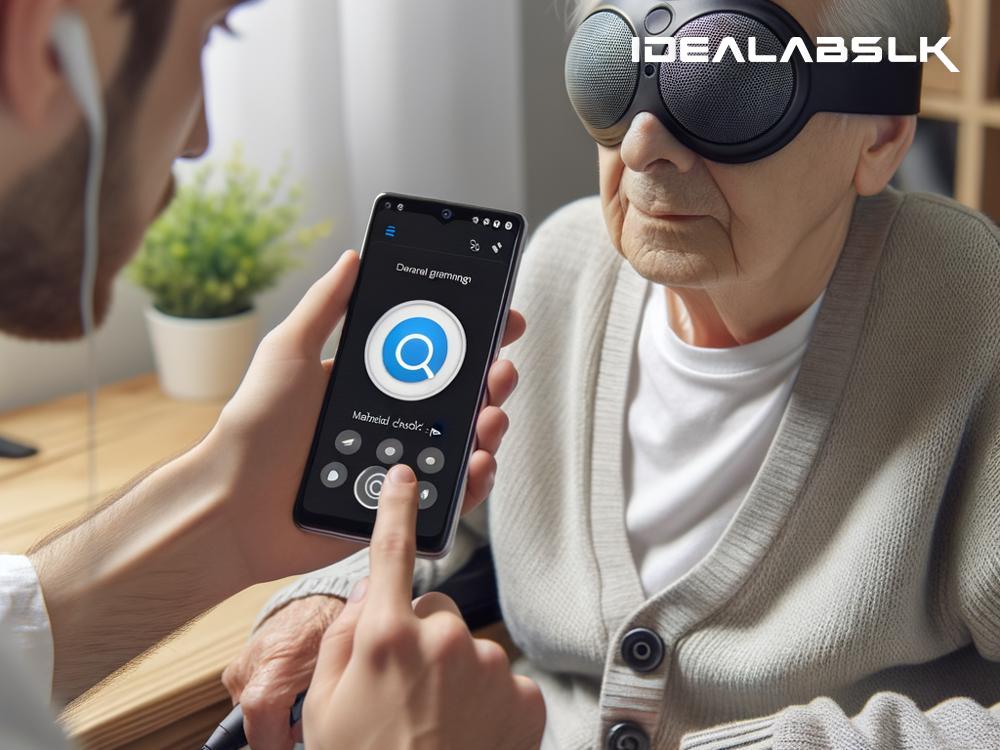Title: Simplifying Healthcare: The Rising Impact of Voice Assistants for People with Disabilities
In today's fast-evolving world, technology stands out as a beacon of hope and empowerment, especially for individuals with disabilities. Among the myriad of technological advancements, voice assistants are emerging as a game-changer in enhancing accessibility and independence for people with various disabilities within the healthcare sector. This article delves into how these innovative tools are transforming lives by making healthcare services more accessible and manageable.
Voice assistants, such as Amazon's Alexa, Apple's Siri, Google Assistant, and Microsoft's Cortana, have burgeoned into our daily lives, offering an array of services with just a simple voice command. Their integration into healthcare is pioneering a new era of convenience and support for people with disabilities.
1. Enhanced Communication:
Communication barriers can significantly hinder the ability of individuals with speech or hearing impairments to seek and receive medical care. Voice assistants are bridging this gap by enabling users to communicate their needs and receive information without the traditional barriers of a phone call or in-person visit. For example, someone with a speech impairment can type their questions or concerns into a device, and the voice assistant can vocalize them on their behalf, facilitating a smoother interaction with healthcare providers.
2. Simplified Health Management:
Managing health and medication schedules can be a daunting task, especially for individuals with visual impairments or cognitive disabilities. Voice assistants make these tasks more manageable by setting reminders for medication, tracking health appointments, and even providing step-by-step guidance for certain medical procedures at home. This hands-free technology ensures that health management becomes a less cumbersome and more accessible process for everyone.
3. Access to Information:
One of the key benefits of voice assistants is their ability to provide instant access to a wealth of information. Individuals with disabilities can effortlessly inquire about symptoms, learn about potential treatments, and get tips on managing their health conditions, all through voice commands. This immediacy not only empowers them with knowledge but also fosters independence by making information readily available without the need for extensive physical or visual interaction.
4. Emergency Assistance:
In emergencies, speed and ease of access to help can save lives. Voice assistants offer a vital service by allowing individuals to call for help through simple voice commands. This is particularly beneficial for people with mobility challenges or those who might not be able to reach a phone quickly. By saying a specific command, users can alert emergency services or trusted contacts, providing peace of mind and potentially life-saving assistance.
5. Emotional Support:
Beyond physical health, mental and emotional well-being is crucial. Voice assistants serve as companions that can offer entertainment, play music, read books, or engage in casual conversation. For individuals facing social isolation due to disabilities, these interactions can provide solace and a sense of connection, contributing positively to their overall mental health.
6. Personalized Healthcare Experience:
Finally, with advancements in AI and machine learning, voice assistants are increasingly capable of offering personalized healthcare experiences. By learning from user interactions, these assistants can tailor reminders, information, and even encouragement based on the individual’s health conditions, preferences, and behavior. This personal touch not only enhances the effectiveness of healthcare management but also makes users feel understood and cared for.
In conclusion, the integration of voice assistants into healthcare is opening new doors for individuals with disabilities, providing them with tools to navigate their health in a more independent and confident manner. As technology continues to evolve, the potential for voice assistants to further revolutionize accessibility in healthcare is immense.
However, it's essential to acknowledge that while voice assistants offer significant advantages, they are part of a broader ecosystem of support needed by individuals with disabilities. Continuous improvement in technology, along with training and support for users, will be key to maximizing the benefits of voice assistants in healthcare. Nonetheless, the positive impact thus far paints a hopeful picture of a more inclusive and accessible healthcare future for all.

